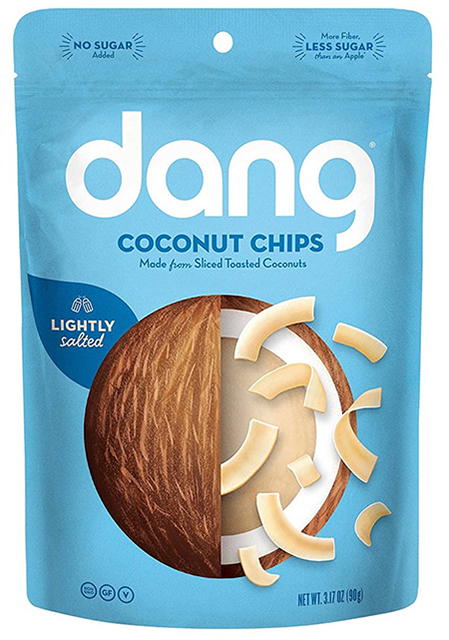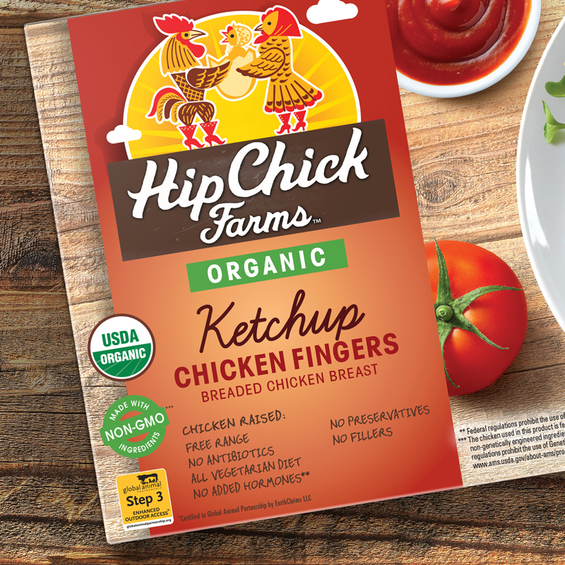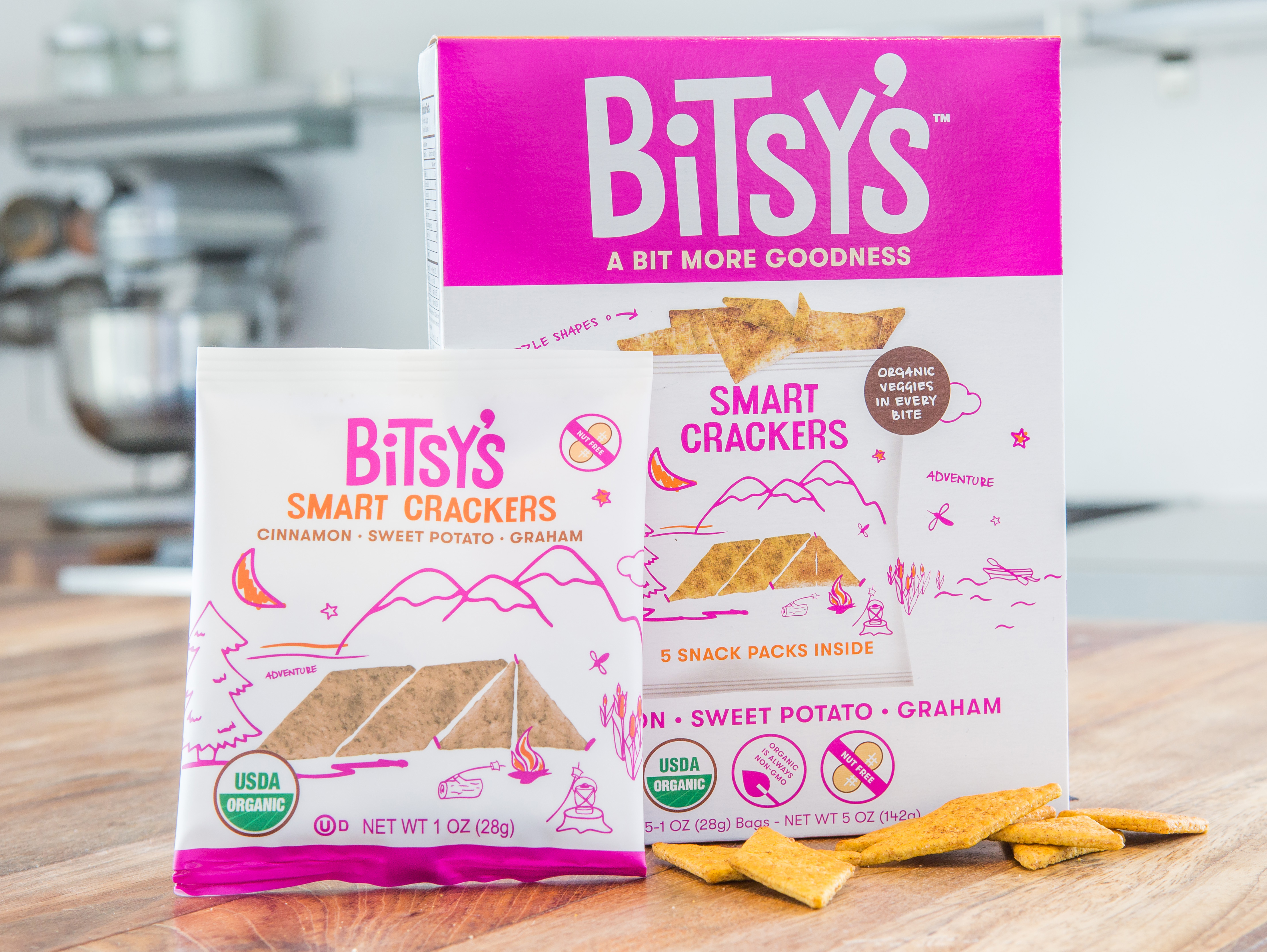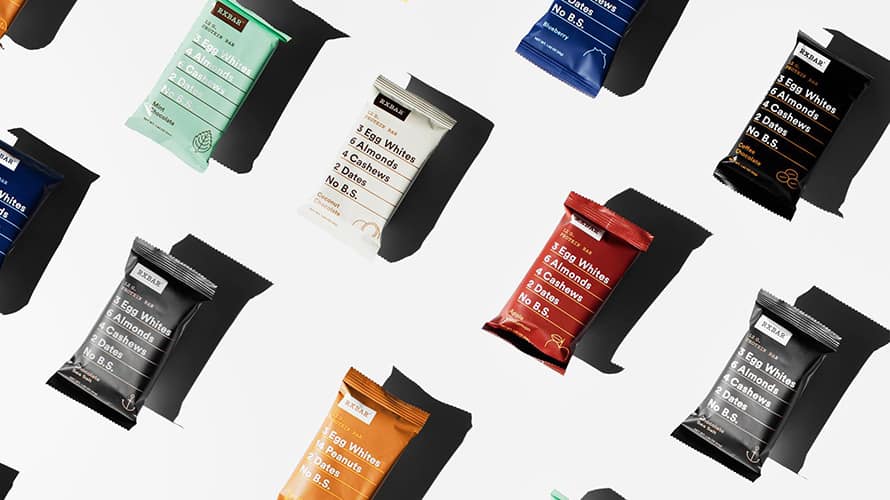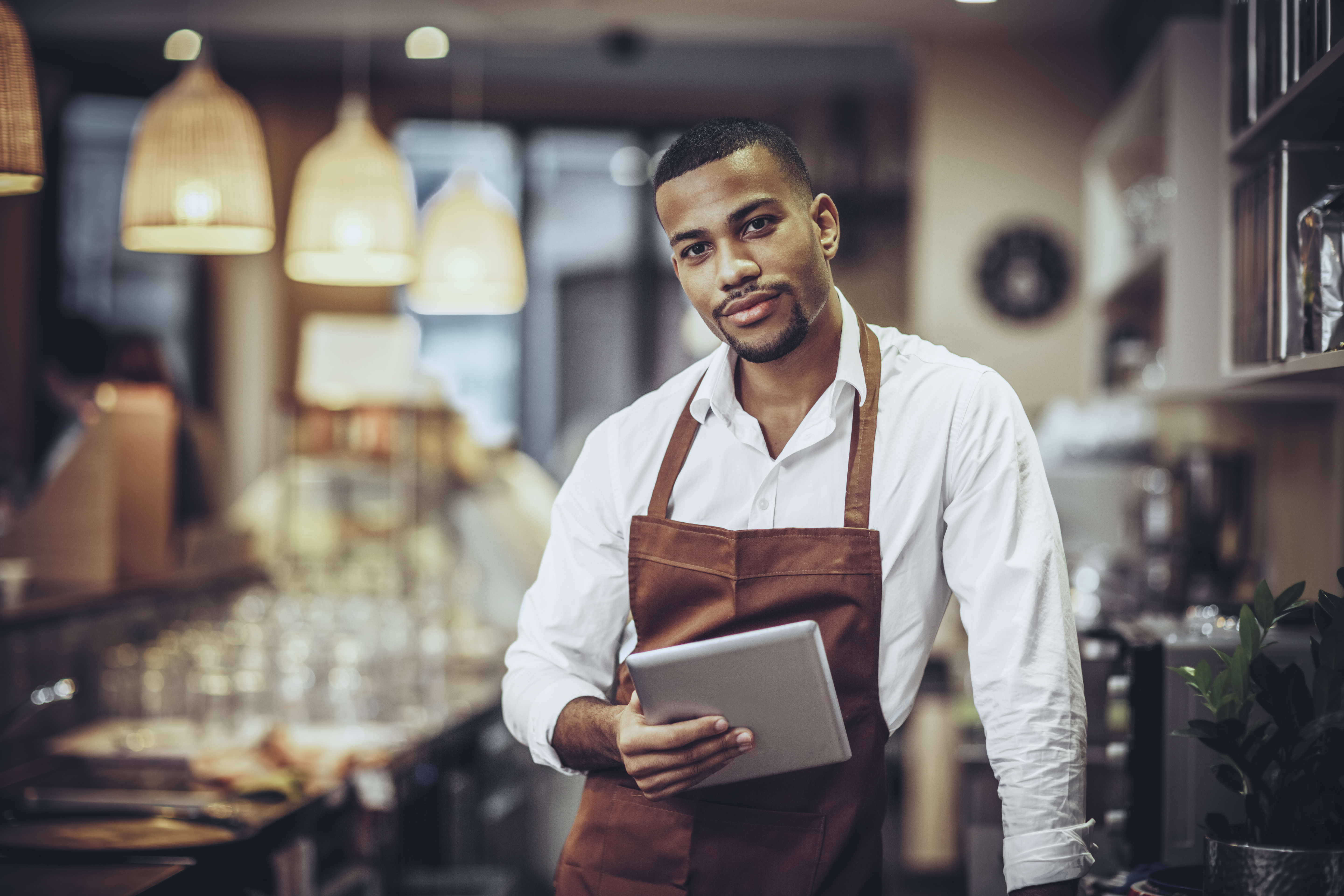
Startup food companies aren’t always small. Recently, Amazon made headlines by purchasing Whole Foods Market for a whopping $13.7 billion. The acquisition marked Amazon’s biggest step into the brick-and-mortar game, notable due to the company’s dominance in e-commerce, and reiterated how serious Amazon is about the grocery business. Amazon began its push into groceries years ago with its in-house AmazonFresh efforts, but the strategy of bringing innovative startup food companies into the fold is hardly unusual in the food world.
This is especially true for giants like Unilever and General Mills, which don’t have the same innovative reputation as a tech-first name like Amazon. Not long after Unilever declined a $143 billion takeover proposal from Kraft, the company made an acquisition—albeit a dramatically smaller one—of its own. The target? A high-end mustard maker. Sir Kensington makes mayonnaise, mustard and ketchup (some avocado oil mayo, some vegan mayo, and so on). $140 million later, is part of the Unilever portfolio.
Why do food giants like Unilever and General Mills purchase innovation instead of building it in-house?
Such a niche purchase is an especially useful example of the benefits of purchasing innovation instead of bringing it in-house. You can almost imagine an internal pitch meeting at a conglomerate like Unilever where someone has a vision for a line of fancy condiments. At any publicly traded company, there’s far less tolerance for risk and far more of a focus on steady profits. One can almost imagine board members laughing as a dreamer goes through slides about high-end ketchup. Buh-bye start-up, alternative mayo idea!
On the flip side, smaller, startup food companies need to have risky, cutting-edge ideas to get off the ground at all. Investors in that world are looking for vision and a niche. There’s more room for error in the startup world. In fact, error is to some extent expected. And private companies do not have to please Wall Street investors quarter after quarter.
Startup Challenges
That’s not to say the startup world doesn’t have its challenges. A company like Sir Kensington doesn’t have the same access to shelf space or sales relationships as the giants, so it can be far more difficult to get onto shelves. That’s why acquisitions are often a very logical end game. Unilever gets a proven yet innovative brand without having to trial-and-errors its way towards a trendy product in-house. And after the buyout, Sir Kensington gets a dramatically larger network.
General Mills also has a long history of acquisitions for the same reason. In 2016, it bought Epic Provisions—makers of paleo-friendly, gluten-free snack bars, which basically covers every buzzword on shoppers’ lips right now. In 2014, GM bought Annie’s, the organic and natural maker of mac and cheese, snacks, frozen foods, and more. This was when healthy and organic eating was a more nascent area, too, so GM was indeed adding innovation to its brand umbrella.
As more startup food companies come onto the scene, you can bet there will be more big names going shopping. Food tech startups raised $5.7 billion in 275 deals last year, according to Forbes, making for plenty of targets.

